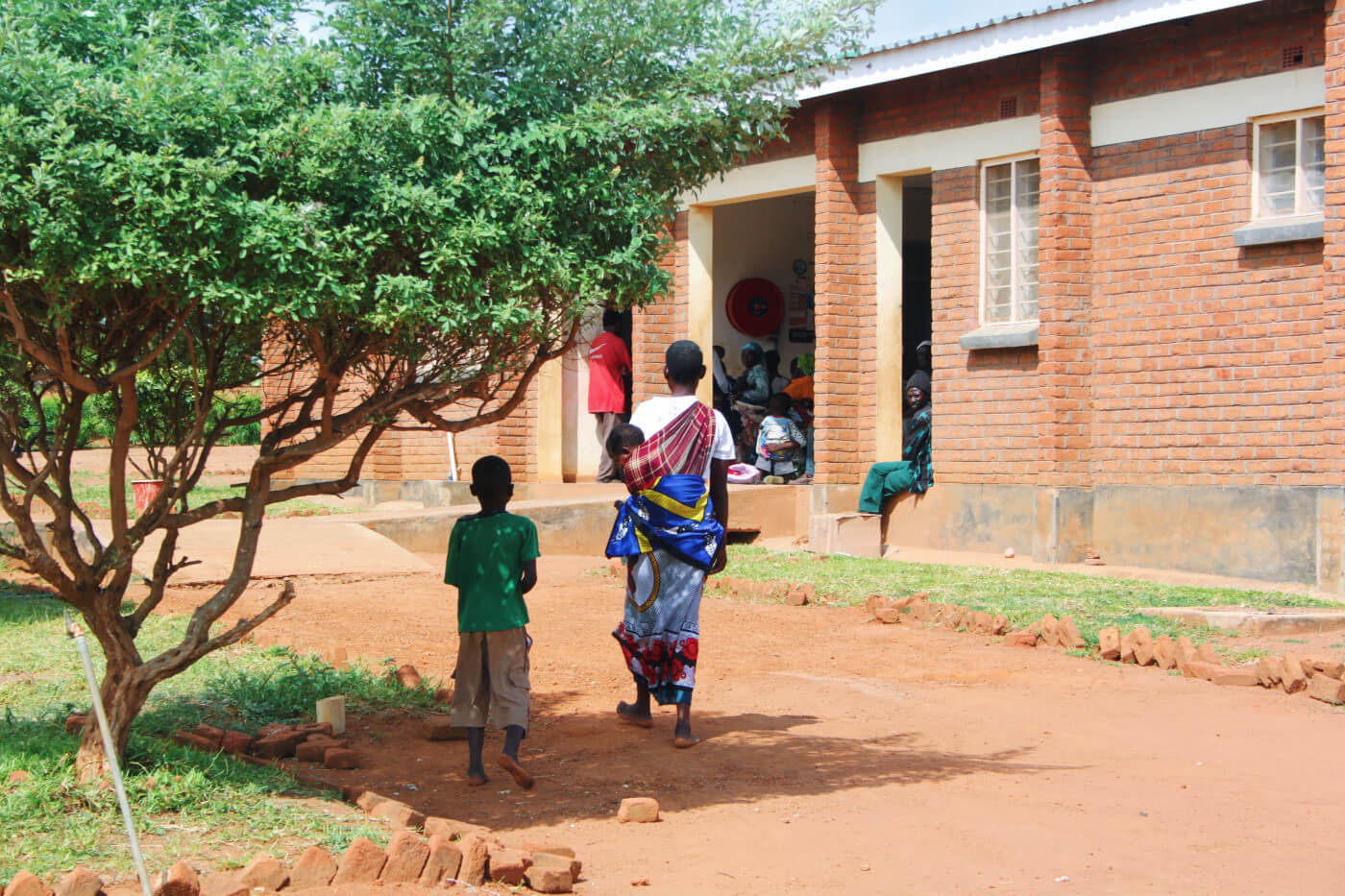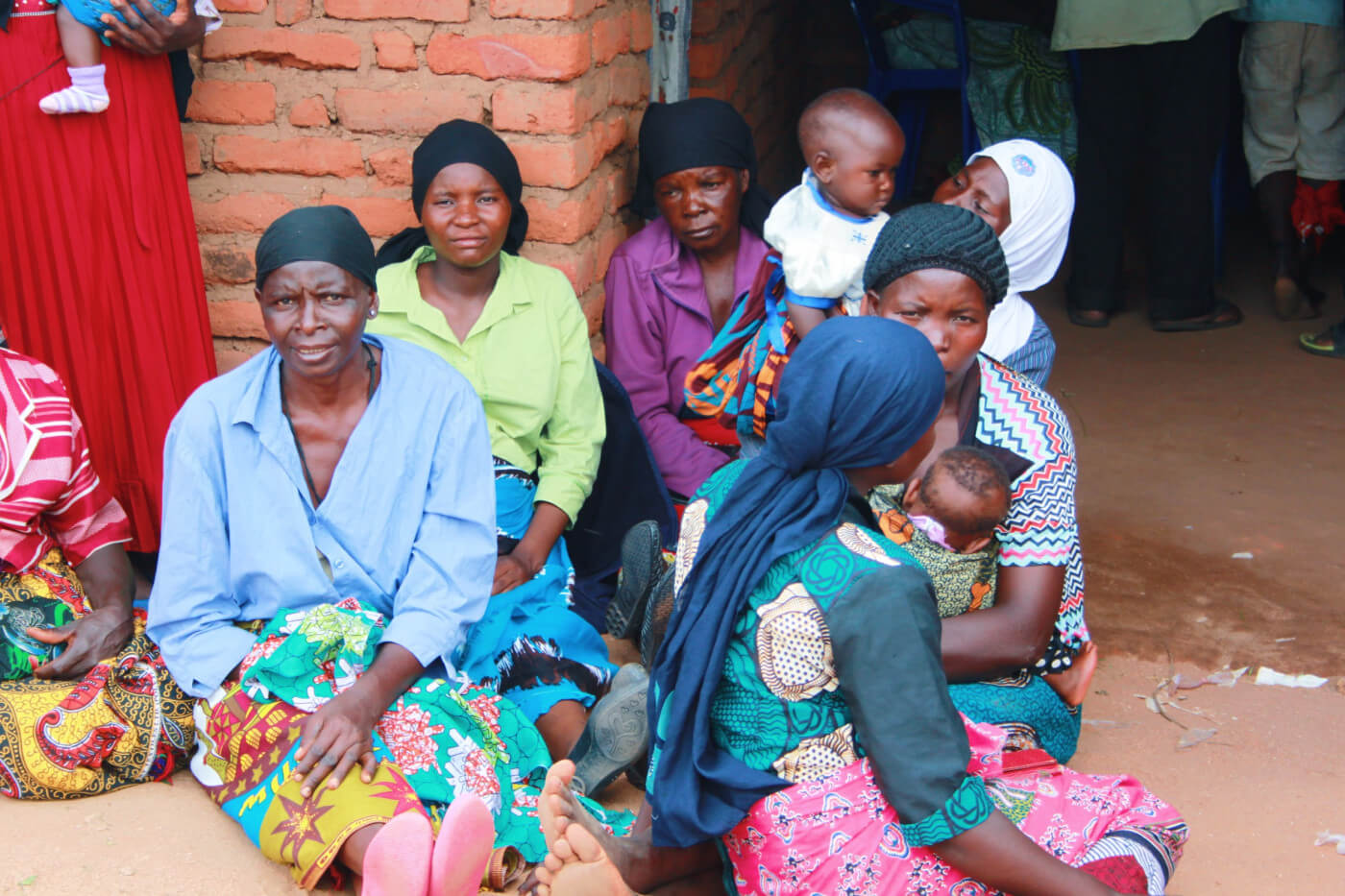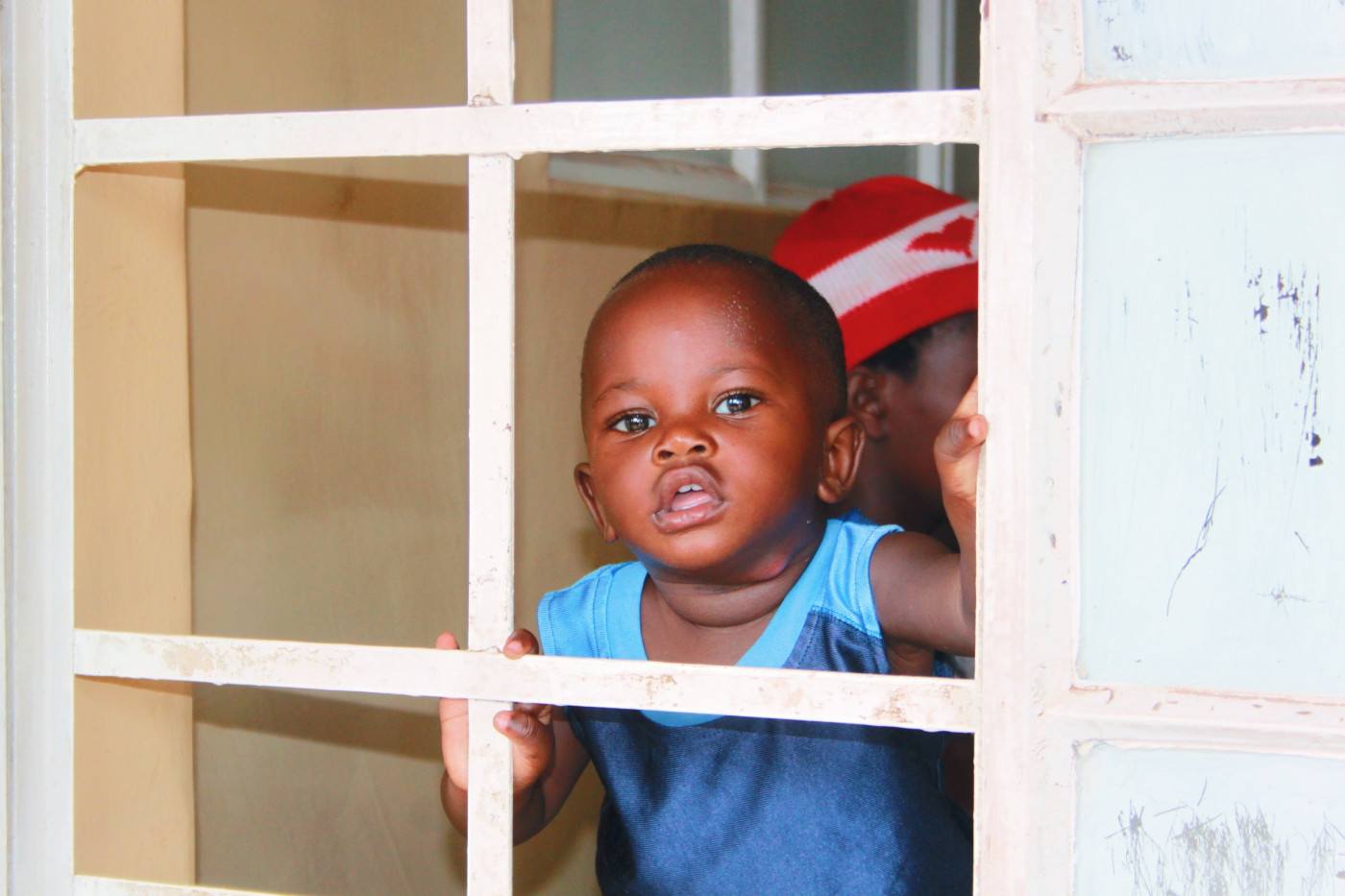*This month, for every £3 you donate to our Maternal Care/Maternity Programme this Ramadan, we will increase this by a further £1 through a match funded grant.
Globally, 94% of all maternal deaths occur in low and lower middle-income countries, yet most of these deaths could have been prevented (WHO). In Malawi, approximately 70% of pregnant women face issues in accessing maternal health services, whilst many women have to walk up to 9 km to reach a clinic, and often suffer from birthing complications due to the limited resources and support available during their labour.
In the southern regions of Malawi, expectant mothers face difficulties in accessing maternity clinics for antenatal appointments, postnatal checkups and deliveries/births. Public transport is often too expensive and runs within a limited time frame - particularly inconvenient and often life-threatening in emergency situations. Those with less money to spare may have to walk many miles over rough and unsafe roads to attend appointments, often in conditions when they are most at risk to miscarry, including whilst in labour. As a result, some expectant mothers resort to visiting traditional birthing assistants, and avoid healthcare clinics altogether due to the difficulty it takes to reach the clinics. Many expectant mothers have therefore experienced birthing complications or in worst case scenarios, died due to the distance and time it takes to reach a clinic.
Why do women die?
Maternal health deaths are mainly due to complications during and after pregnancy; many which can be avoided if sufficient antenatal and postnatal care is provided. Complications include:
- Severe bleeding after childbirth
- Infection after childbirth
- High blood pressure during pregnancy
- Complications from delivery
- Unsafe abortions
In order to reduce these complications, the access to maternal health services must be increased. We therefore aim to support and invest in local clinics and communities in order to develop a sustainable method of increasing the uptake of maternal health services.
“Increasing access to maternal health clinics will result in an increased uptake of postnatal and antenatal care services. This will help to identify any complications to ensure safer deliveries and reduce the number of maternal health deaths.” - Malawi, Project Support Officer
Patuma and Alidi’s Story
“My labour pains started at midnight and my husband was so scared since it was our first baby. He rushed to tell my mother. She told my husband, Joseph, to put me on a bicycle, which was already on standby, and head to the hospital.”
This is the beginning of the story of Patuma and Alidi from a remote village in the rural lake district of Mangochi, Malawi. It is a story of how conditions in some areas of the world make childbirth life-threatening both for mother and child. However, it is also a story of how help and kindness from the public can save lives in a resource limited setting.
“On our way to hospital, we met some people who were coming from the beer hole. We became scared and because of my condition, we decided to face them and explained our story – that we were rushing to the hospital for delivery. The men then decided to escort us to the Health Centre.”
“My condition became worse when it started to rain and it was cold. One of the men who joined us had a raincoat which he gave me and we had to seek shelter in the nearby village until the rain became less heavy. When the rain stopped, we continued our journey to the health Centre. When we reached the Health Centre, I was almost ready for the delivery, the nurses were also busy helping the other women in the labour ward so there was nobody to attend to me. Just after ten minutes, labour started and I was assisted by Hospital Maids and I delivered a baby boy. Fortunately, we both survived.”
The Malawi Maternity Project in Action
Whilst maternal care has been one of the core areas of our work in Malawi since 2016, DWW has since been focusing on building and scaling up the provision of maternal care services by addressing some of the key barriers in accessing maternity care in rural areas of Malawi, including:
- Building maternity clinics in strategic locations
- Rehabilitation of maternity clinics: all clinics will be supplied with equipment required for antenatal and postnatal appointments e.g. ultrasound machines and strengthening existing systems
- Training healthcare workers in basic and advanced maternity care to support the reduction of birthing complications: we will work with local & international trainers to upskill and train healthcare staff on topics they have not had training access to, or are not confident in delivering to an audience
- Widening the access to maternity clinics by creating Ambub Bike transport routes: Ambu Bikes will be constructed and developing a transport link between villages and healthcare facilities
- Providing mother-baby packages to those unable to afford them: all essential items required for the birthing process and for mother and baby will be supplied
If you are currently observing Ramadan this month, visit our dedicated landing page, distribute your donations automatically over the last ten nights of the month (Zakat eligible), or donate your Zakat to our Most in Need fund today.
Support our Maternal Health project in Malawi today: https://bit.ly/3VexRbN




